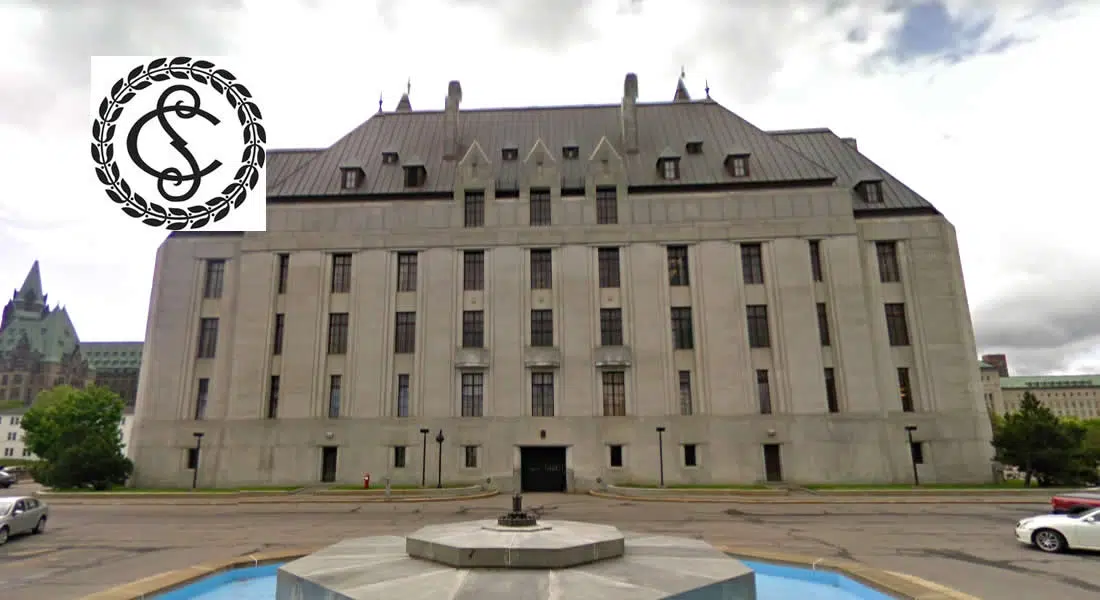
A coalition of organizations will intervene at the Supreme Court of Canada Tuesday in the case of R. v. Wilson. This case considers the application of what is commonly referred to as the “Good Samaritan” law. The Canadian Drug Policy Coalition says it is believed to provide immunity from prosecution for drug possession and some other offences for people at the scene of a drug-related medical emergency.
At the centre of the issue is Paul Wilson’s arrest in Vanscoy by Warman RCMP on Sept. 10, 2020. Officers were responding to Wilson’s call reporting a drug overdose. Wilson was arrested for drug possession and an ensuing search led to the seizure of a bag of guns, false identity documents and apparent drugs. Wilson was convicted on multiple gun charges, but the Saskatchewan Court of Appeal found the drug possession arrest was unlawful under Canada’s Good Samaritan law.
The Coalition will ask the Supreme Court of Canada to consider:
Does the Criminal Code authorize the arrest of an individual at the scene of a “drug overdose” for the offence of simple drug possession even if the individual may ultimately be immune from being charged or convicted for that offence?
The Coalition says the Good Samaritan provision was enacted as part of Canada’s public health approach to substance use. It is intended to encourage people to stay at the scene of a drug-related medical emergency, provide first aid, and ultimately, save lives and prevent injuries.
The application to the Supreme Court also includes the Harm Reduction Nurses Association and the Association of Addiction Workers of Quebec.
























